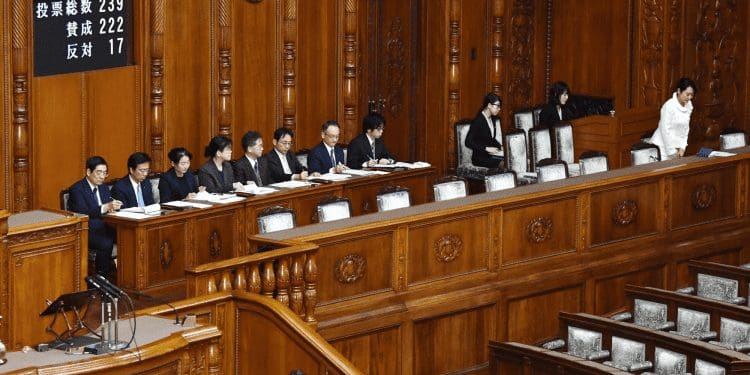Japan is devising laws regarding stablecoins, and digital assets generally, that have their value pegged to fiat currency or are dependant upon algorithmic technology.
Earlier this week, Japan officials passed a bill banning stablecoin issuance by non-banking institutions.
The bill will limit who can issue stablecoins and that limitation will be exclusive to registered money transfer agents, banks, and trust companies.
The new law will also introduce a registration system for financial institutions that help prevent money laundering by only allowing certain institutions to issue digital assets.
The bill is aiming to protect retail investors and the financial system as a whole from the risks that come with a mass adoption of cryptocurrencies.
The legislation is to take place in 2023, reportedly. Japan’s Sevices Agency is planning to introduce regulations for crypto in the folliwing months.
Japan’s bill comes as the effect of a large decline on crypto market because of the Terra ecosystem collapse.
Terra’s plummet was not an isolated event, other algorithmic stablecoin, such as DEI also saw a lost peg to the dollar, plummeting below $0.5 earlier this year.














